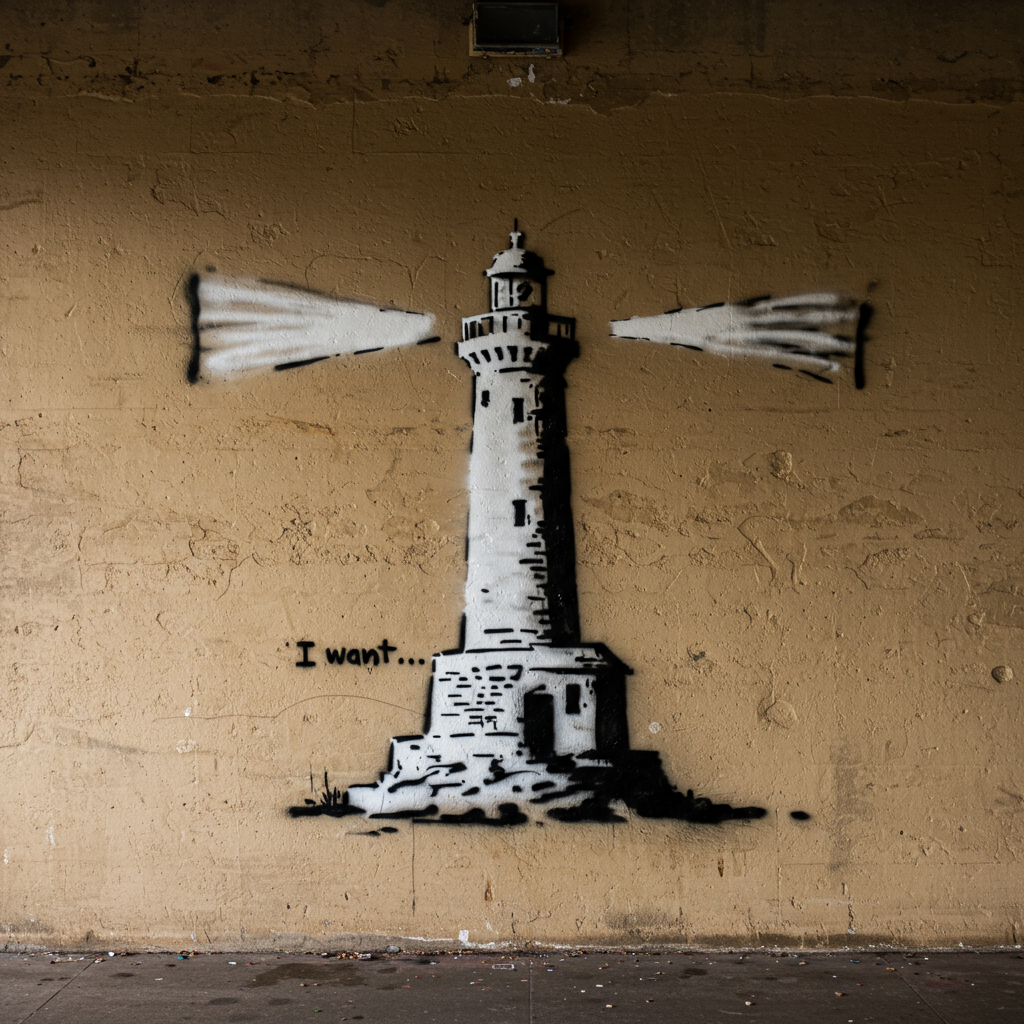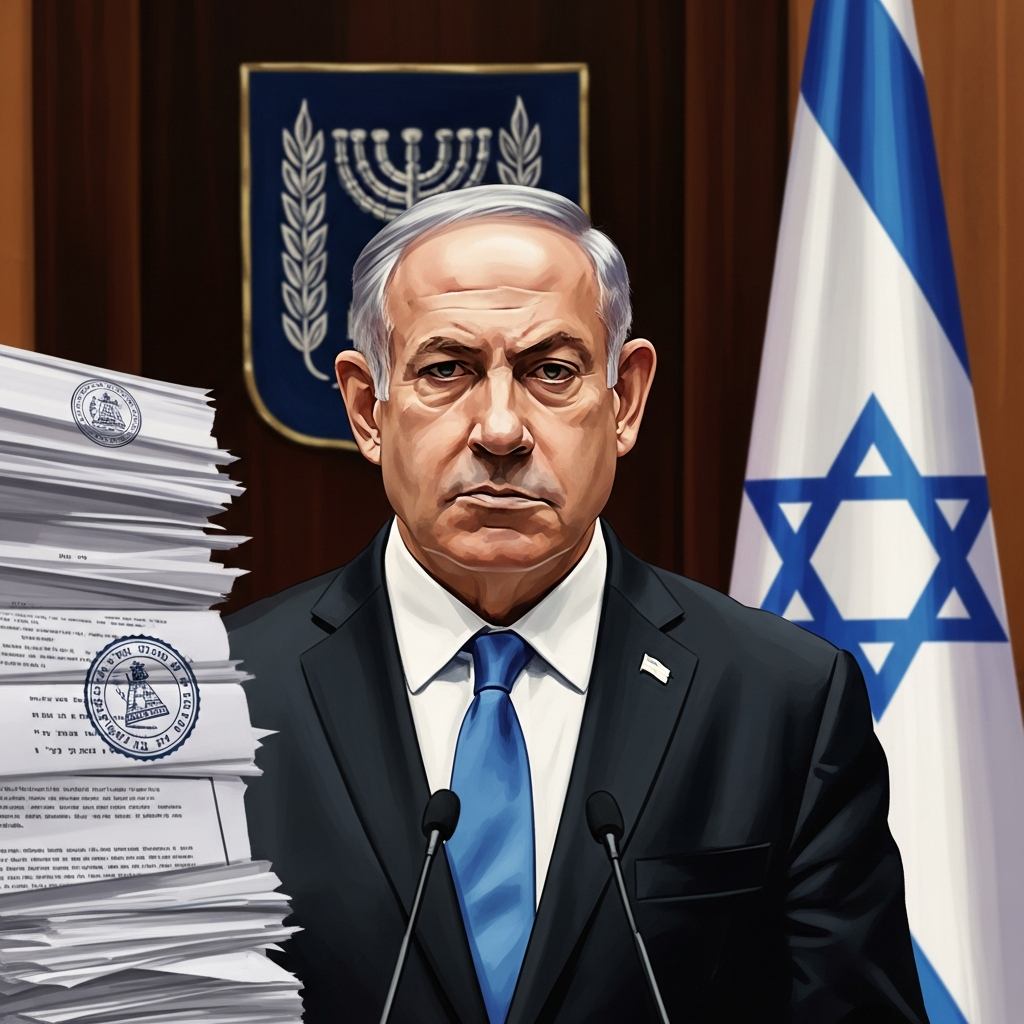European Leaders Press Iran for Talks Following US Nuclear Strikes
In the wake of targeted US airstrikes on Iranian nuclear facilities, the leaders of the UK, France, and Germany have issued a unified call for Iran to return to negotiations and de-escalate rising tensions in the Middle East. The unprecedented American action hit sites including Natanz, Isfahan, and Fordo, which the US described as a significant blow to Tehran’s nuclear program.
UK Prime Minister Sir Keir Starmer, French President Emmanuel Macron, and Germany’s Friedrich Merz convened following the strikes to discuss the volatile situation. In a joint statement, they underscored their shared conviction that Iran “can never have a nuclear weapon” and must “no longer pose a threat to regional security.” Their paramount goal remains preventing Iran from acquiring nuclear weapons.
The three leaders urged Iran “not to take any further action that could destabilise the region” and pledged to continue “joint diplomatic efforts to defuse tensions.” They called on Tehran to engage in serious negotiations concerning its nuclear activities and expressed readiness to contribute to finding a diplomatic path forward.
UK Position and Preparedness
While supporting the objective of preventing Iran from obtaining nuclear weapons, the UK confirmed it was not involved in the US strikes but was informed in advance. Prime Minister Starmer convened an emergency COBRA response meeting, emphasizing that Britain is doing “everything we can to stabilise the situation” and de-escalate. UK interests, personnel, and assets in the region have been put on the “highest level of alert,” with assets moved as a precautionary measure.
Business Secretary Jonathan Reynolds voiced support for the US objective, highlighting that preventing Iran from obtaining nuclear weapons is “in the interests of the UK.” He cited reports of Iranian-backed plots against the UK, calling the regime “a threat to this country, not in an abstract way.” He noted that while the UK preferred a diplomatic path, Iran had “didn’t listen to the diplomatic calls for a peaceful solution.”
International Fallout and Reactions
The US strikes have been met with a range of international reactions and have significantly heightened regional instability. The International Atomic Energy Agency (IAEA) confirmed damage to entrances of underground tunnels at the Isfahan complex and noted Iran’s continued accumulation of highly enriched uranium (at 60%), which is close to weapons-grade and sufficient for potentially several nuclear bombs according to recent reports.
US officials, including Vice President JD Vance, reiterated that the strikes targeted Iran’s nuclear program and were not aimed at regime change. Defence Secretary Pete Hegseth claimed the action “devastated” the program. Former US President Donald Trump hailed the operation as a “spectacular military success” and warned of “far greater” attacks if Iran does not seek peace. Conversely, former US National Security Adviser John Bolton argued for going further, suggesting regime change was necessary.
Iran’s foreign minister, Seyed Abbas Araghchi, condemned the strikes as “outrageous” with “everlasting consequences,” while Iran’s ambassador to the UK indicated Tehran is considering the “quantity and quality” of its reaction. Calls for significant retaliation have emerged from within Iran, including potential strikes on US assets in the region, Israeli ports, or disrupting the vital Strait of Hormuz. Iranian President Masoud Pezeshkian reportedly rejected appeals for de-escalation in a call with President Macron, stating Iran had no choice but to respond.
Israel has been conducting its own campaign targeting Iranian military sites. Israeli Prime Minister Benjamin Netanyahu stated that their campaign would continue until its objectives are met, emphasizing they are not seeking a “war of attrition.” Israel’s ambassador to the UN warned Iran would face “overpowering righteous force” if it continued attacking Israeli civilians.
At the United Nations, Secretary-General António Guterres described the strikes as a “perilous turn,” warning against descending into a “rabbit hole of retaliation” and stressing the urgent need for diplomacy. Russia strongly condemned the US action as “irresponsible, dangerous and provocative,” accusing the US of opening a “Pandora’s box.”
Practical consequences of the escalation include travel advisories against all travel to Israel, the Occupied Palestinian Territories, and Iran issued by the UK Foreign Office, and airlines adjusting or pausing flights to the region.
Amidst the rapidly unfolding crisis, the joint call for negotiation from the UK, France, and Germany highlights the urgent push by key European powers to prevent further military escalation and find a diplomatic resolution to the critical issue of Iran’s nuclear program. However, the defiant stances from both Iran and Israel, coupled with the significant US military action, underscore the immense challenges to achieving stability in the volatile region.


